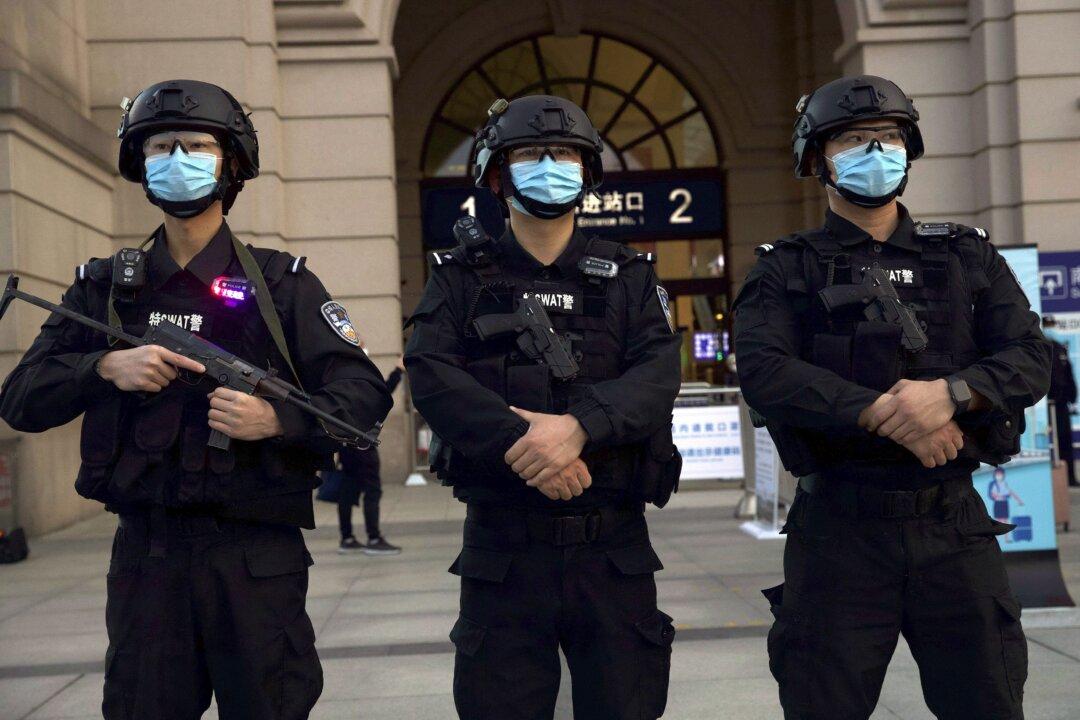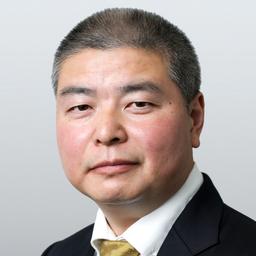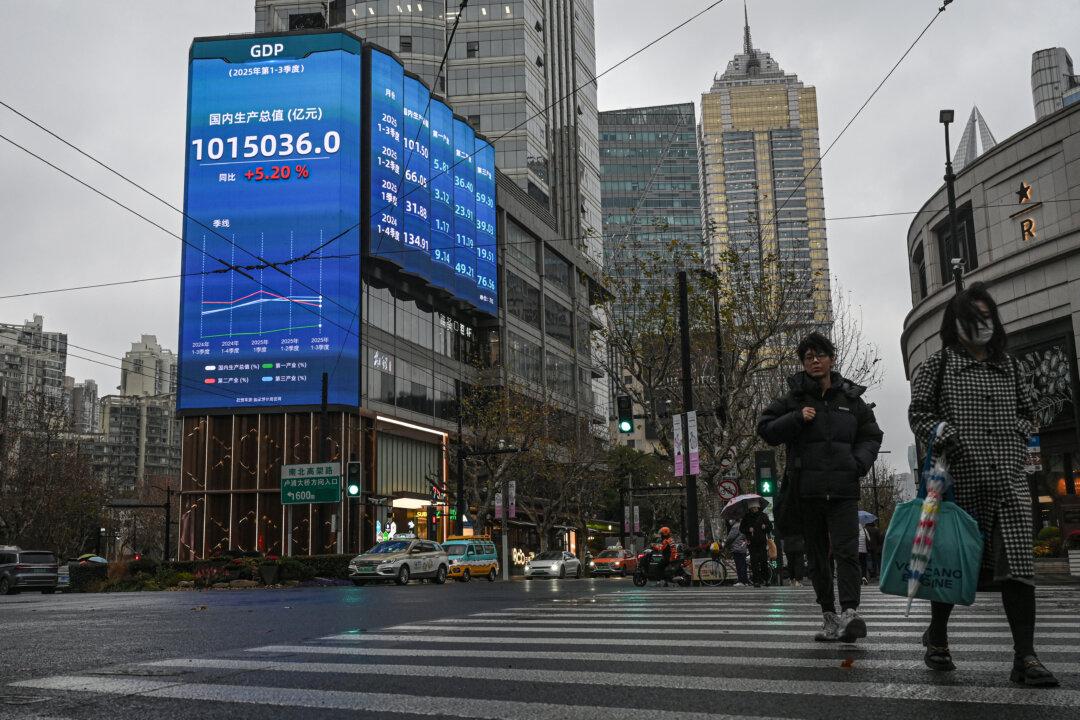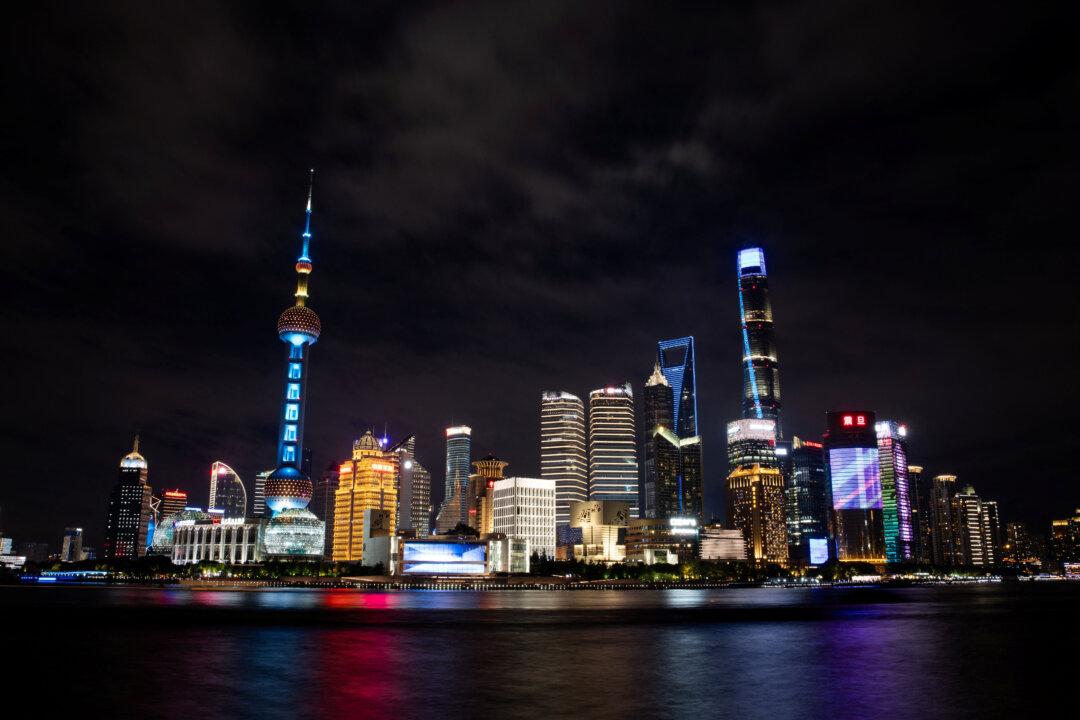Commentary
The Chinese Communist Party (CCP)’s pandemic prevention efforts haven’t saved many people. Instead, they have caused tremendous disasters to people’s livelihood and a crisis for humanity. A year ago, Chinese writer Fang Fang factually recorded the lockdown of Wuhan in her writings, along with the tyranny, barbarism, and cruelty of what was happening. Over the past year, the Chinese regime’s militant tactics in attempting to eradicate the epidemic is still causing losses across the country. What follows are some of the known cases.





